Infos

Why it's time to update your LabSpec 6 (and how ParticleFinder v4.0 will change your daily routine)

Discover everything you need to know about our absorption accessory
Simple and quick to use, ABS-ACC transforms your HORIBA fluorometer into a two-in-one instrument, eliminating the need for a separate, often more expensive UV-Vis spectrophotometer. It is particularly useful for monitoring sample concentration and determining whether absorbance is too high, thus ensuring linear and representative fluorescence.
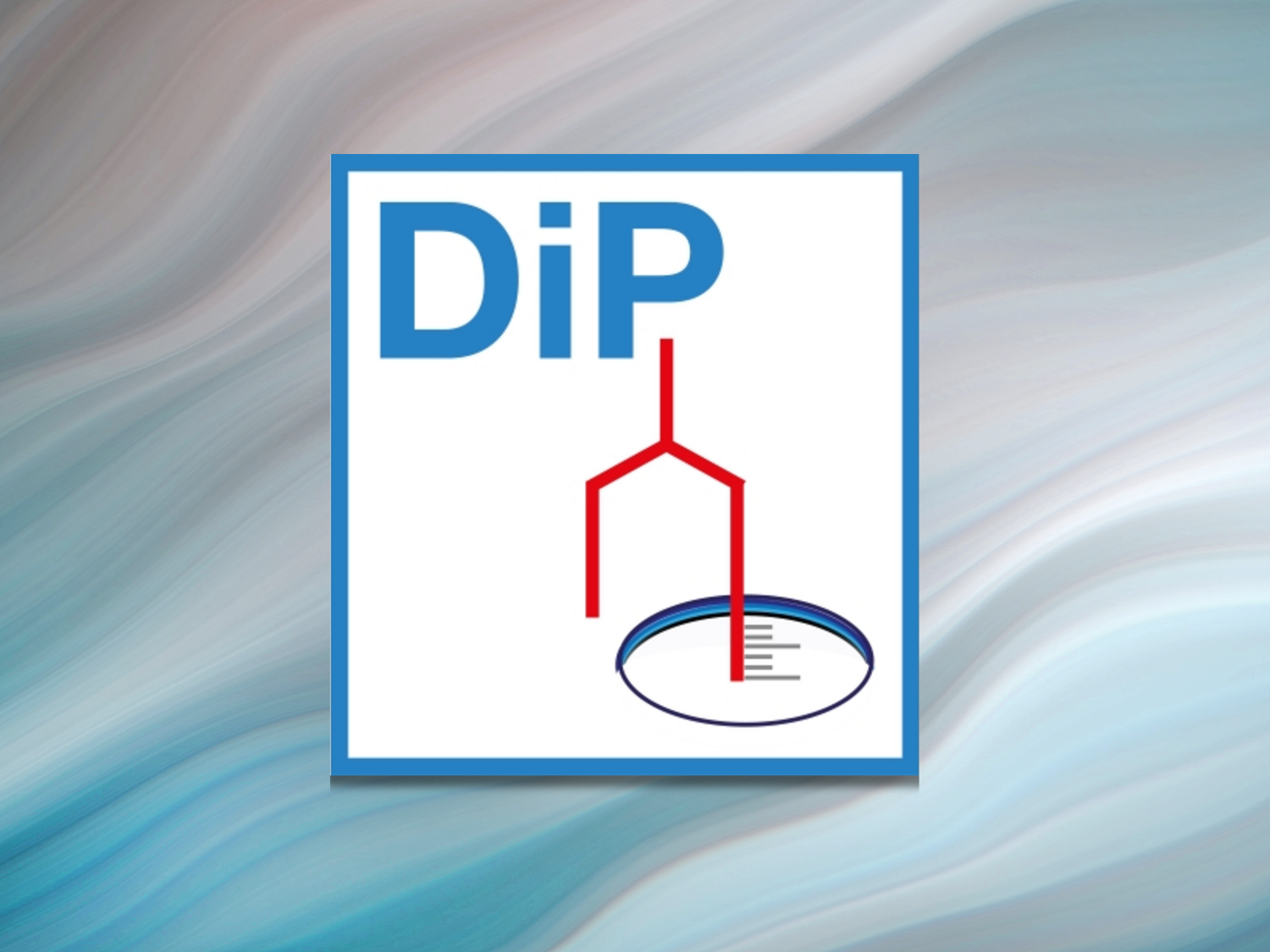
How does the DIP accessory work?
However, until recently, a major challenge remained: how to accurately convert the sputtering time into an actual depth measurement, given that the erosion rate varies depending on the layers traversed? This is where the DIP (Differential Interferometric Profiling) accessory, developed and patented (WO15166189A1 & WO18119410A1) by HORIBA's Innovation team, comes in. It is integrated into the latest generation of GD devices
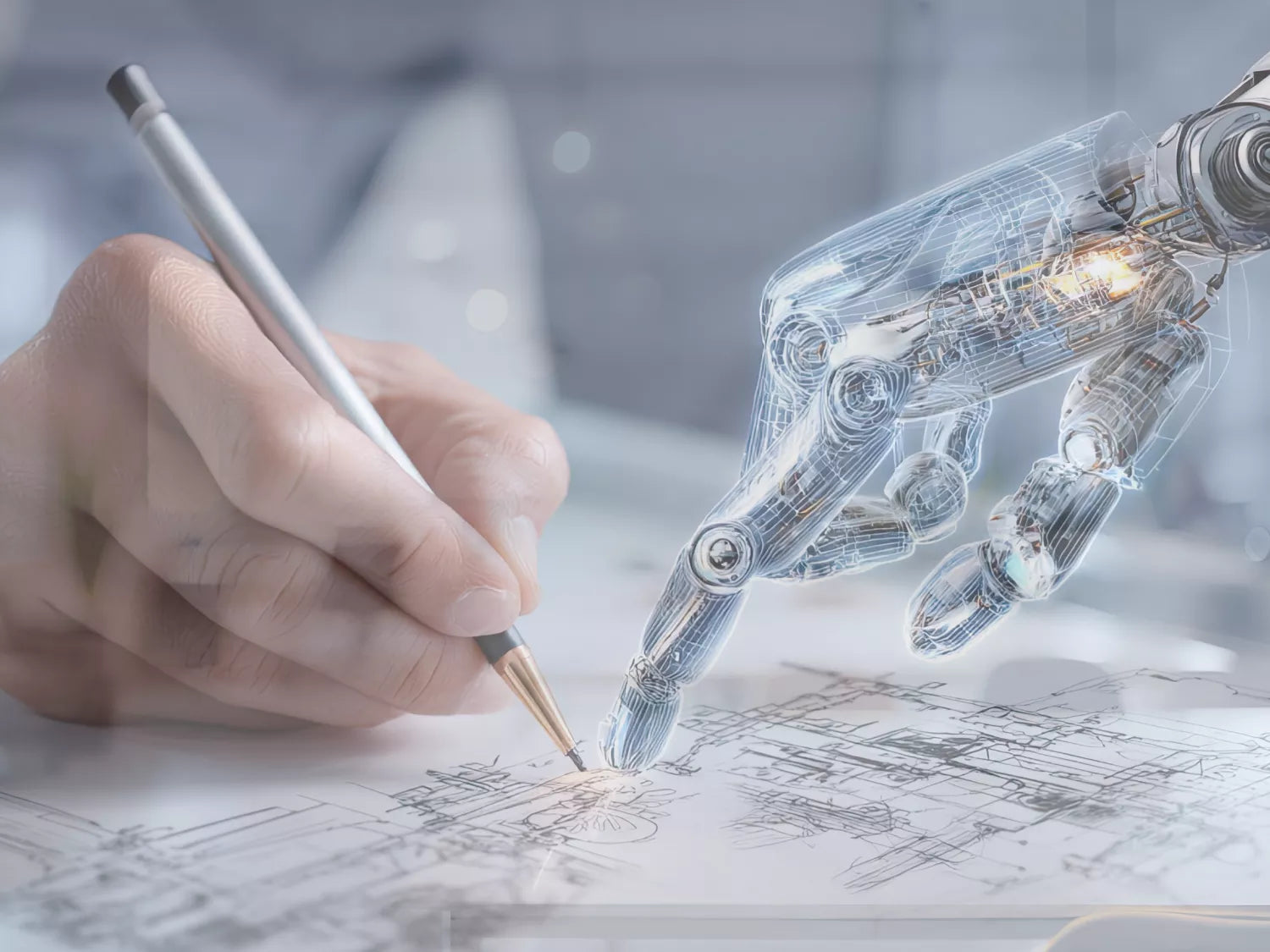
The Human Expertise Artificial Intelligence can’t replace
The reliability of the information is also a factor because, once you have completed HORIBA training, you will not need to check the data, cross-reference the information, or verify the sources. Our experts have a profound understanding of their subject matter and know what they are talking about.
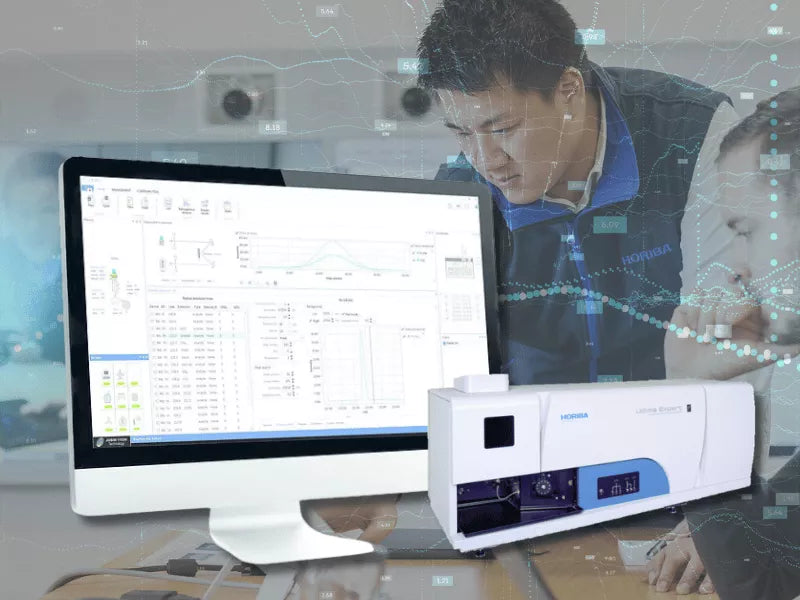
Why should you be trained on the ICP NEO software?
By training on the NEO software, you will discover much more than just a tool for managing your analyses: you will learn how to fully exploit the potential of your HORIBA Ultima spectrometer. Training on the NEO software will simplify the daily use of your instrument. Whether you are a beginner or an experienced user, you will benefit from a clear interface.
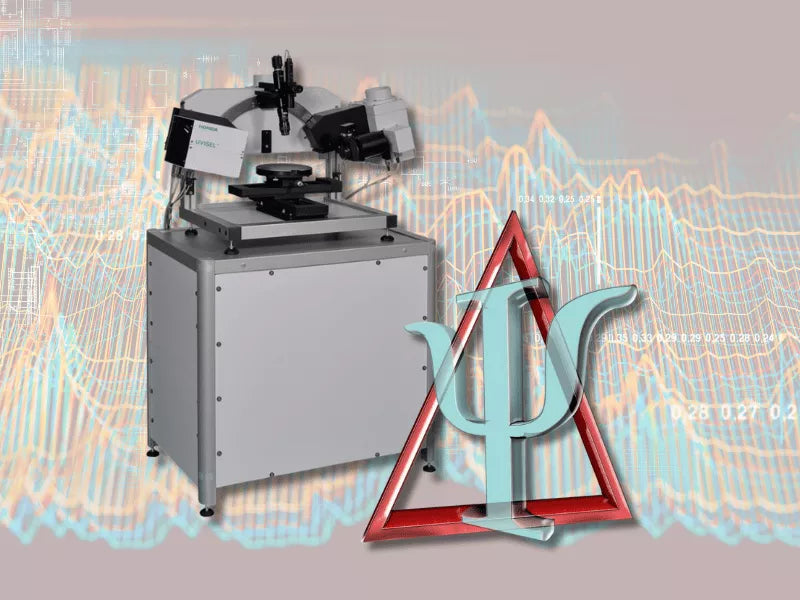
Discover how our DeltaPsi2 software can help you process and analyze your thin film data
We recommend investing in our DeltaPsi2 software for your thin film data analysis, as it offers versatility for everything from fundamental research to industrial testing. It provides reliable, high-precision analysis of complex structures and enables efficiency in research by saving valuable time and providing usable results.
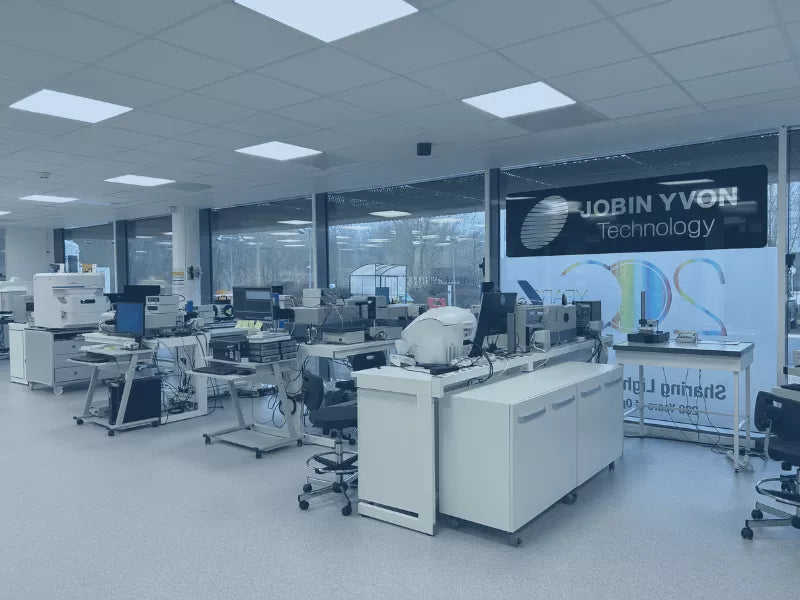
Why should you get trained on your HORIBA instrument?
By choosing HORIBA training, you benefit from the unique expertise of your instrument's manufacturer. Our application engineers draw not only on their technical expertise, but also on field experience and feedback from users around the world.
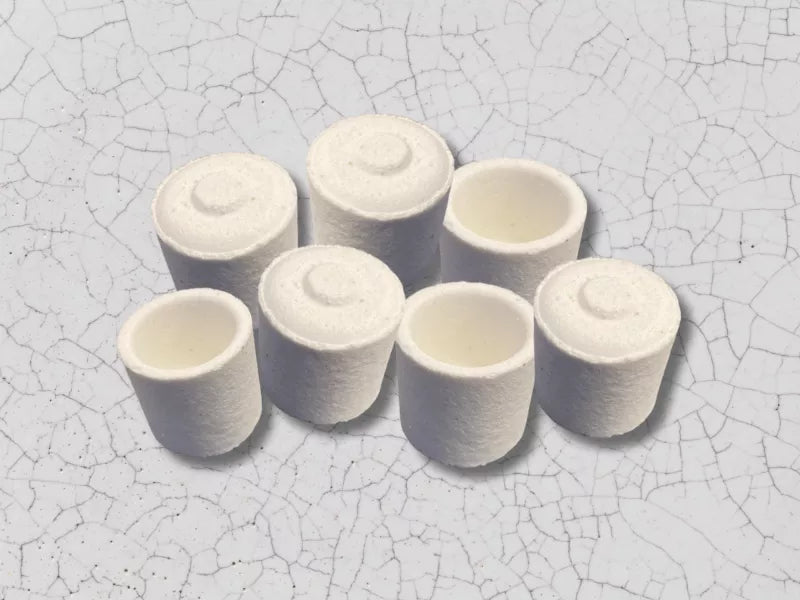
What are the benefits of ceramic crucibles for gas analysis?
High-purity ceramic crucibles emit very little residual gas during heating. This is crucial to prevent interference and guarantee accurate measurements, especially when analyzing gases such as carbon or sulfur.
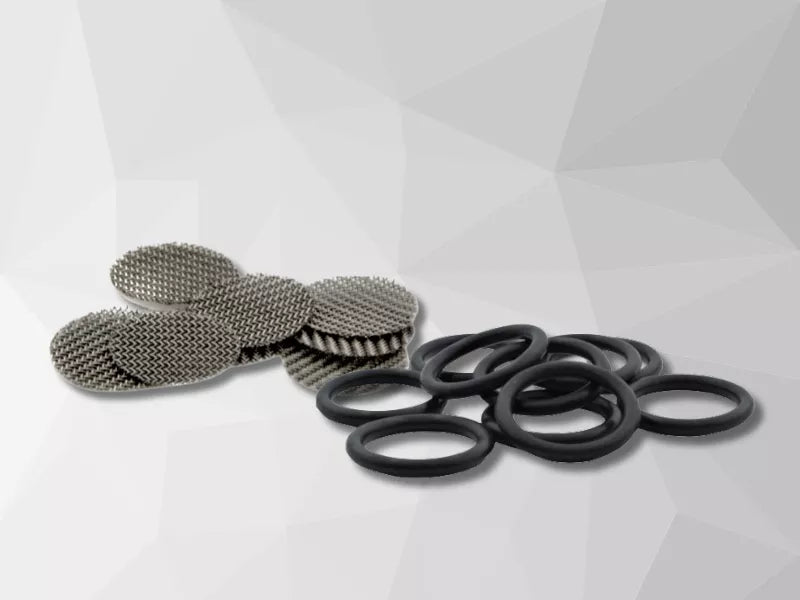
Filters and O-rings: when and why should they be replaced?
Measuring instruments are high-precision tools that require regular maintenance to ensure optimum performance and a long service life. Your HORIBA instrument, which is a fundamental part of your laboratory and indispensable to your research and analysis, needs to be carefully maintained.
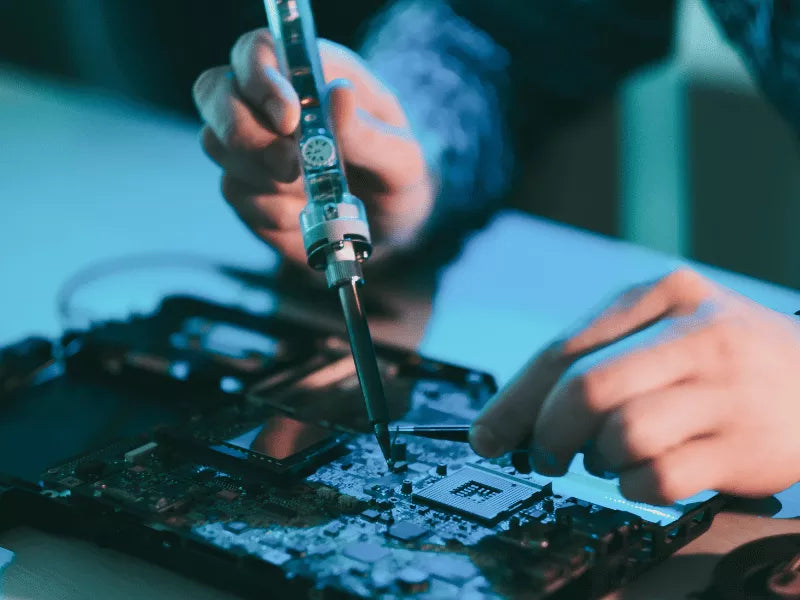
The expertise of our service engineers: an essential pillar in the face of Artificial Intelligence
At HORIBA France, service engineers play an essential role for our customers, not only by maintaining equipment, but also by providing unrivalled know-how and in-depth understanding of the instruments and environments in which they operate.
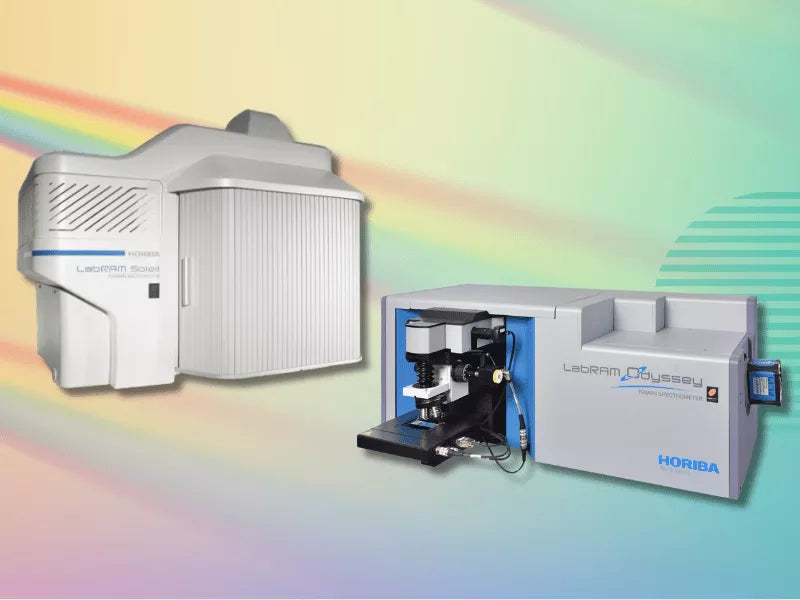
How to extend the life of your HORIBA Raman spectrometer and what mistakes to avoid?
We know how important it is for you to work with an instrument that is in perfect condition, ensuring optimal analysis and research results with minimum disruption to your business. That's why we strongly recommend...
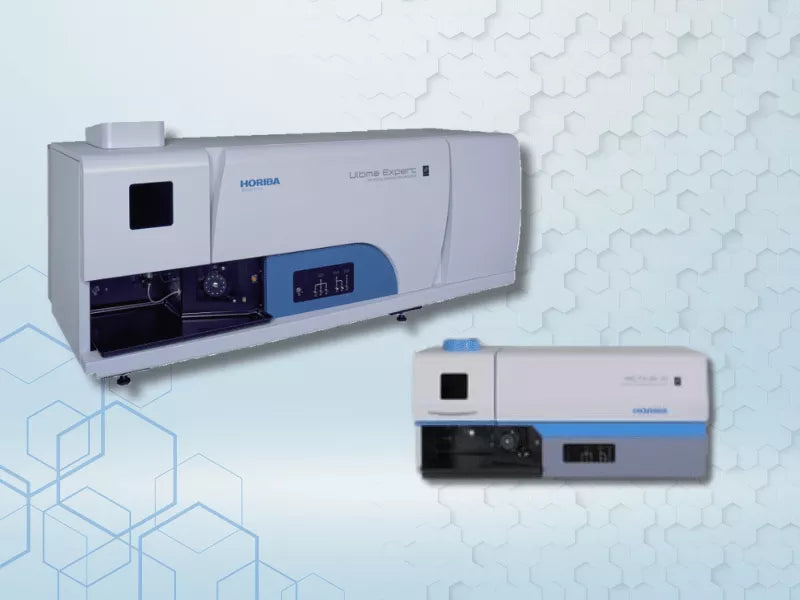
How to extend the life of your HORIBA ICP-OES spectrometer and what mistakes to avoid?
We understand how crucial it is for your instrument to operate flawlessly, delivering accurate results while minimizing downtime and disruptions to your work. That’s why we highly recommend...
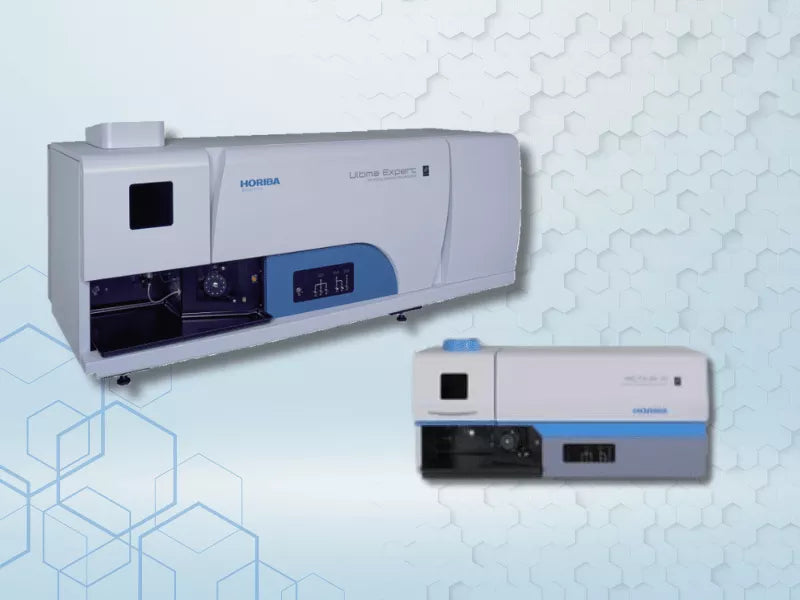
How to extend the life of your HORIBA EMIA/EMGA gas analyzer and what mistakes to avoid?
We know how important it is for you to work with an instrument that is in perfect condition, ensuring optimal analysis and research results with minimum disruption to your business. That's why we strongly recommend...
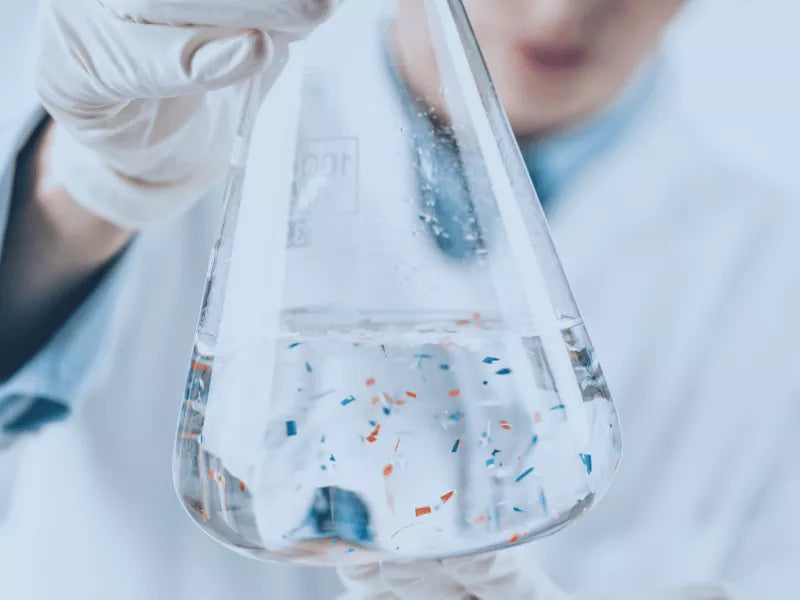
Detecting microplastics: challenges and analytical solutions
Microplastics are tiny fragments of synthetic polymers, measuring between 1 µm and 5 mm, which result from the degradation of plastic waste or are intentionally manufactured for certain industrial applications (e.g. cosmetics, textiles). To understand their impact and develop mitigation strategies, it is crucial to...
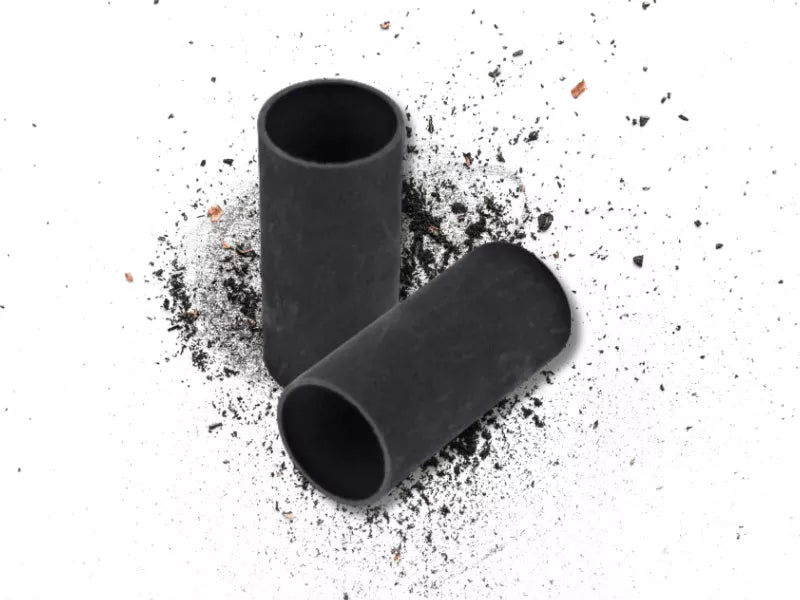
The benefits of graphite crucible for sample analysis
Graphite is a material renowned for its exceptional thermal conductivity. This characteristic enables rapid, even temperature rise, reducing melting time and ensuring uniform heat distribution. This thermal homogeneity is essential for...
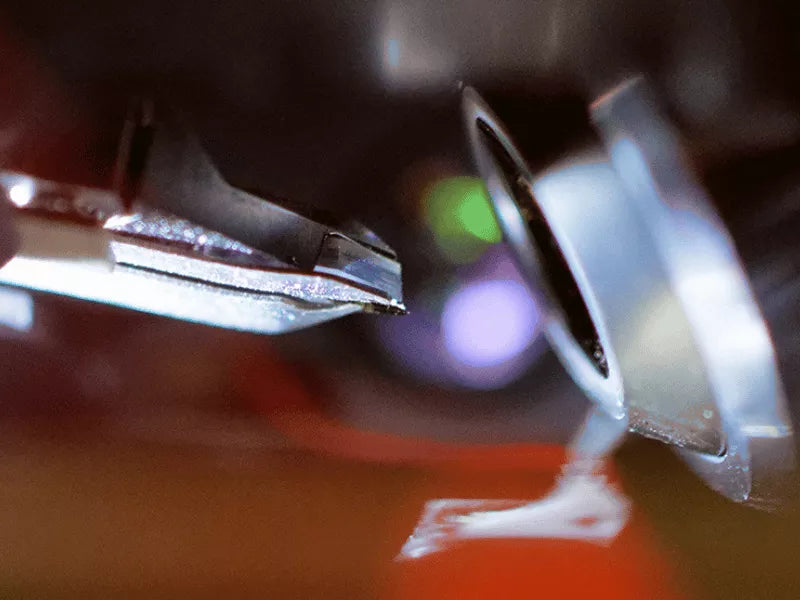
How to improve the spatial resolution of Raman measurements?
Raman spectroscopy is an essential technique for the chemical and physical analysis of materials. However, when it comes to nanostructures, Raman’s diffraction-limited spatial resolution makes it difficult to unveil their unique molecular - or even atomic - scale properties.
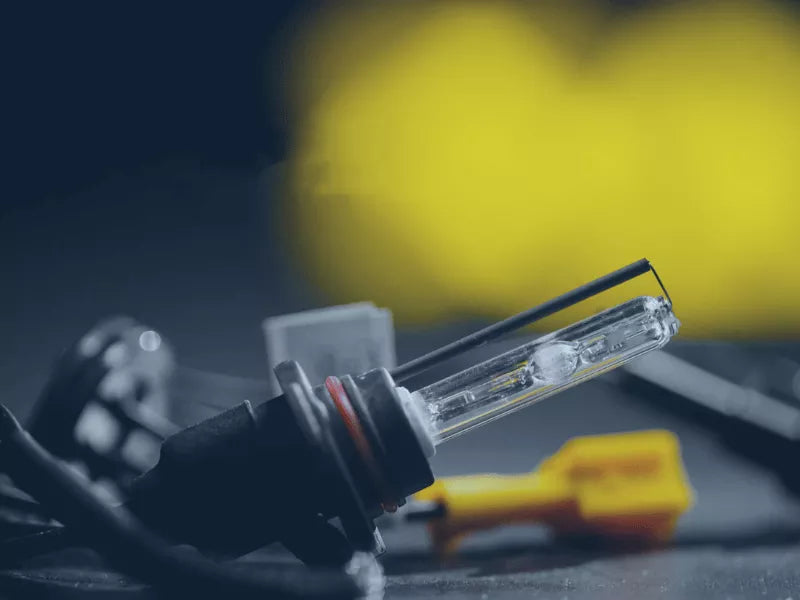
Why optimize your fluorometer's xenon lamp after one year's use?
To ensure consistent, accurate performance, we recommend realigning your Xenon lamp after about a year's use. This simple, regular maintenance will preserve the quality of your measurements and optimize the efficiency of your device.
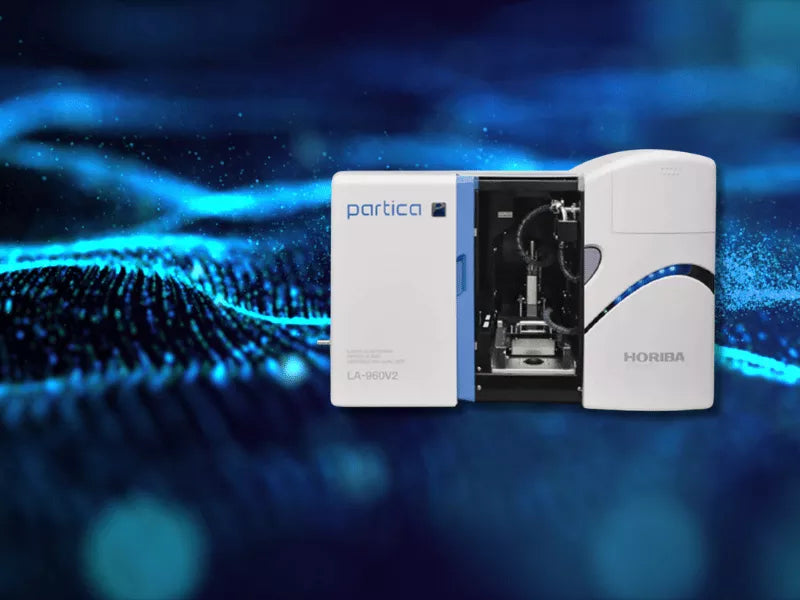
Discover our innovative solution to help you detect and characterize particles in a humid environment: The LY-9610 Imaging Unit Accessory
Real-time particle detection and characterization in a humid environment represents a major challenge for many industrial and scientific sectors. Ambient humidity can affect measurement accuracy and alter the perception of particle size and shape. That's why we've...
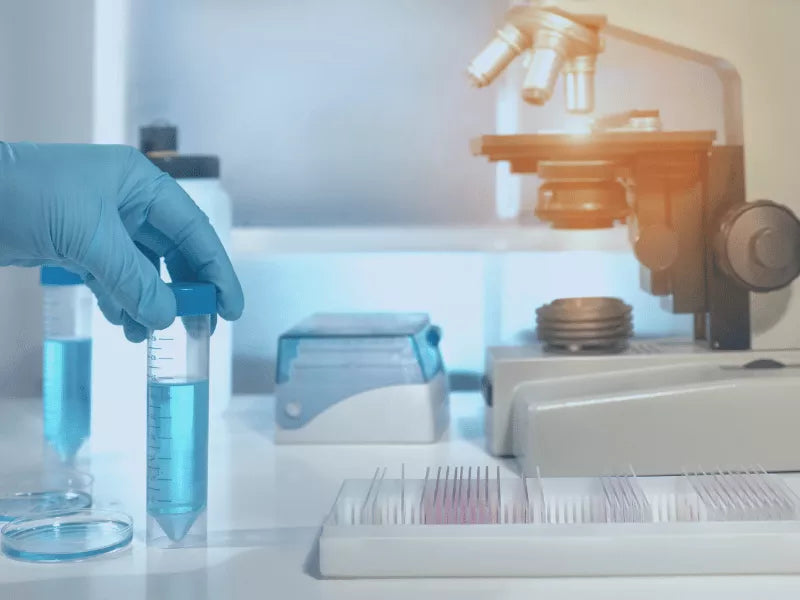
Which is best suited for you? Personalized Training Courses, Method Development and Optimization Support or Catalog Program?
You've acquired a HORIBA instrument and would like to receive the most appropriate application support to aid you with your research? Personalized Training Courses, Method Development and Optimization Support or Catalog Program? Find out which support or training course is best suited to your needs!
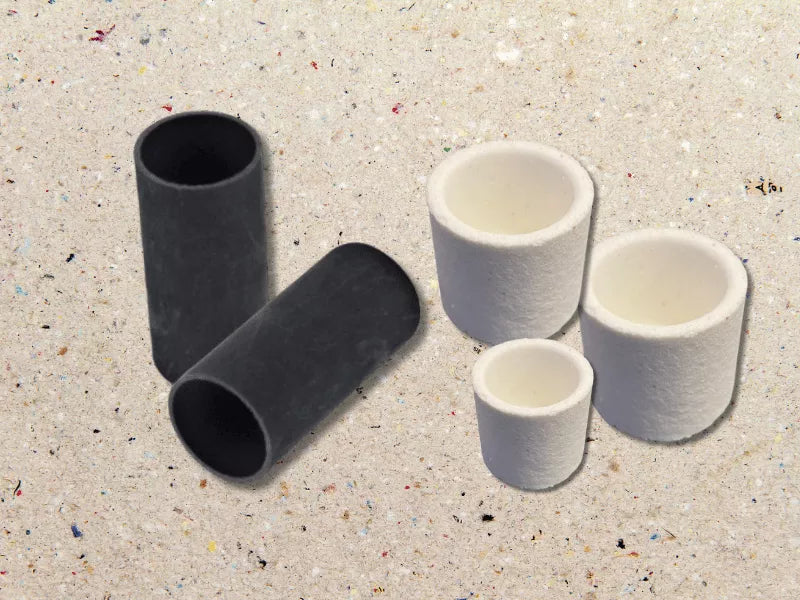
What can you do with your used crucibles?
Crucibles are specialized containers used in laboratories and industrial settings for heating substances to high temperatures. After use, crucibles may contain residues or contaminants from the substances they were exposed to, which could pose environmental or health hazards if not handled properly. Discover what you..
